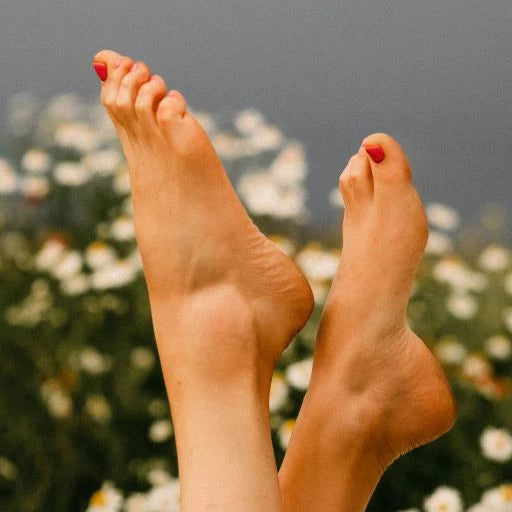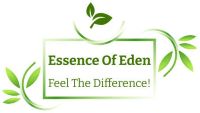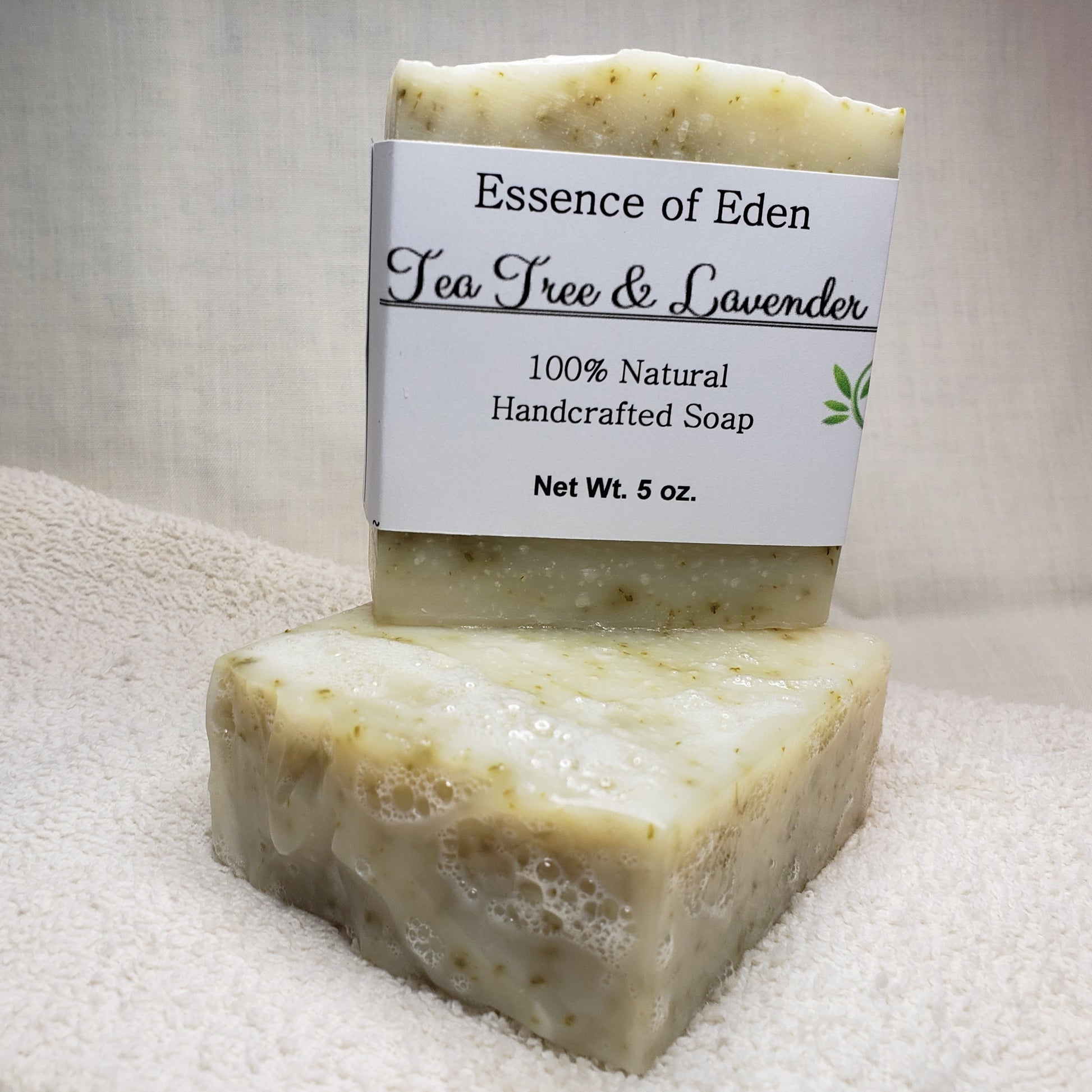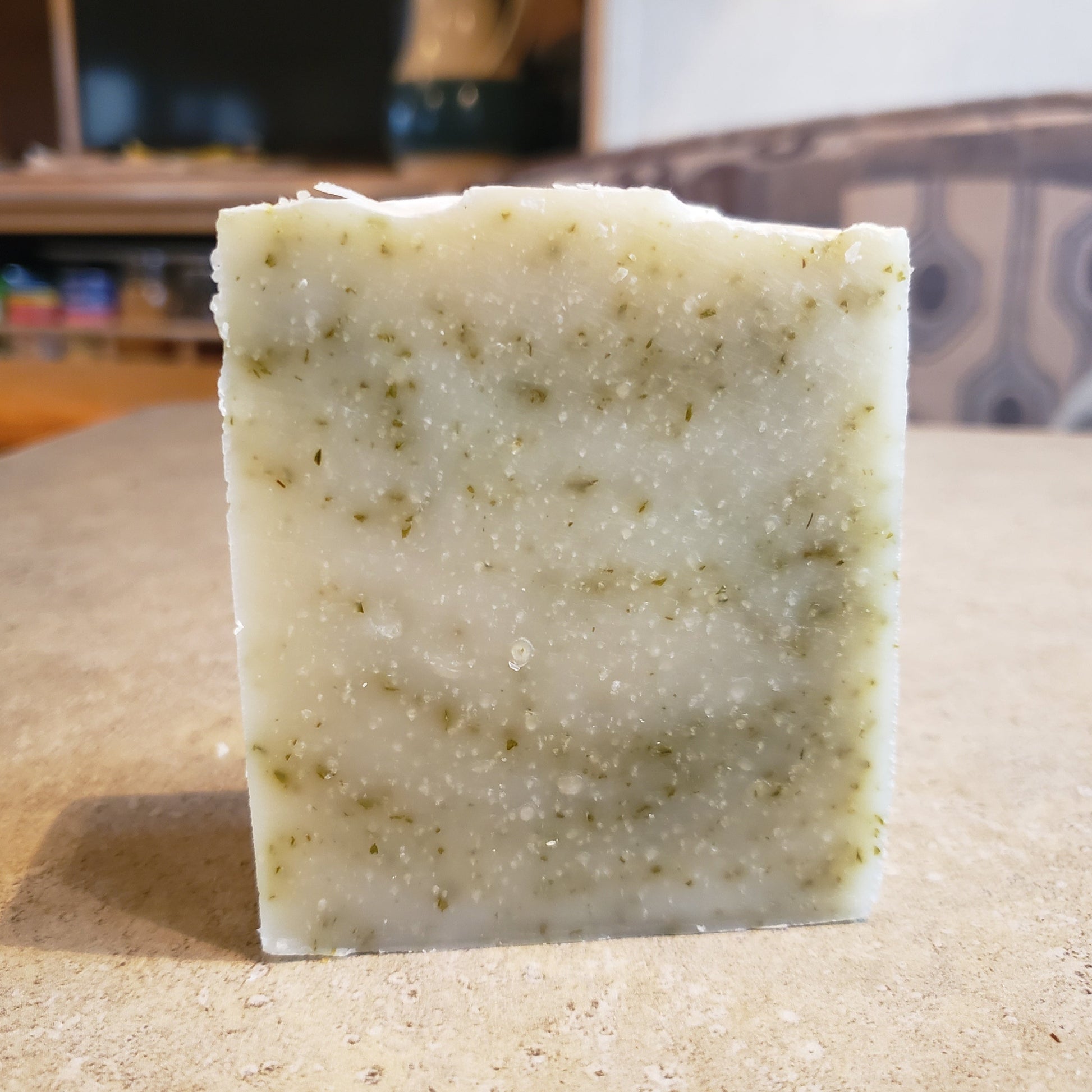Essence of Eden
Couldn't load pickup availability
Tea Tree and Lavender: Natural Skin Care Delight
Indulge in the soothing blend of tea tree, lavender, and parsley with our luxurious full-body bath bar. Crafted with nourishing olive oil, lathering coconut oil, and long-lasting tallow, this bar offers a pampering experience like no other.
Tea tree, renowned for its beneficial properties, combines harmoniously with lavender to provide a refreshing and rejuvenating cleanse. The addition of parsley leaves adds a gentle exfoliating touch, leaving your skin feeling smooth and revitalized.
Experience the natural goodness of our Tea Tree Lavender and Parsley Bar and elevate your daily skincare routine. Unwind in the tranquil embrace of tea tree and lavender, and let the cleansing power of parsley leaves reveal your radiant glow.
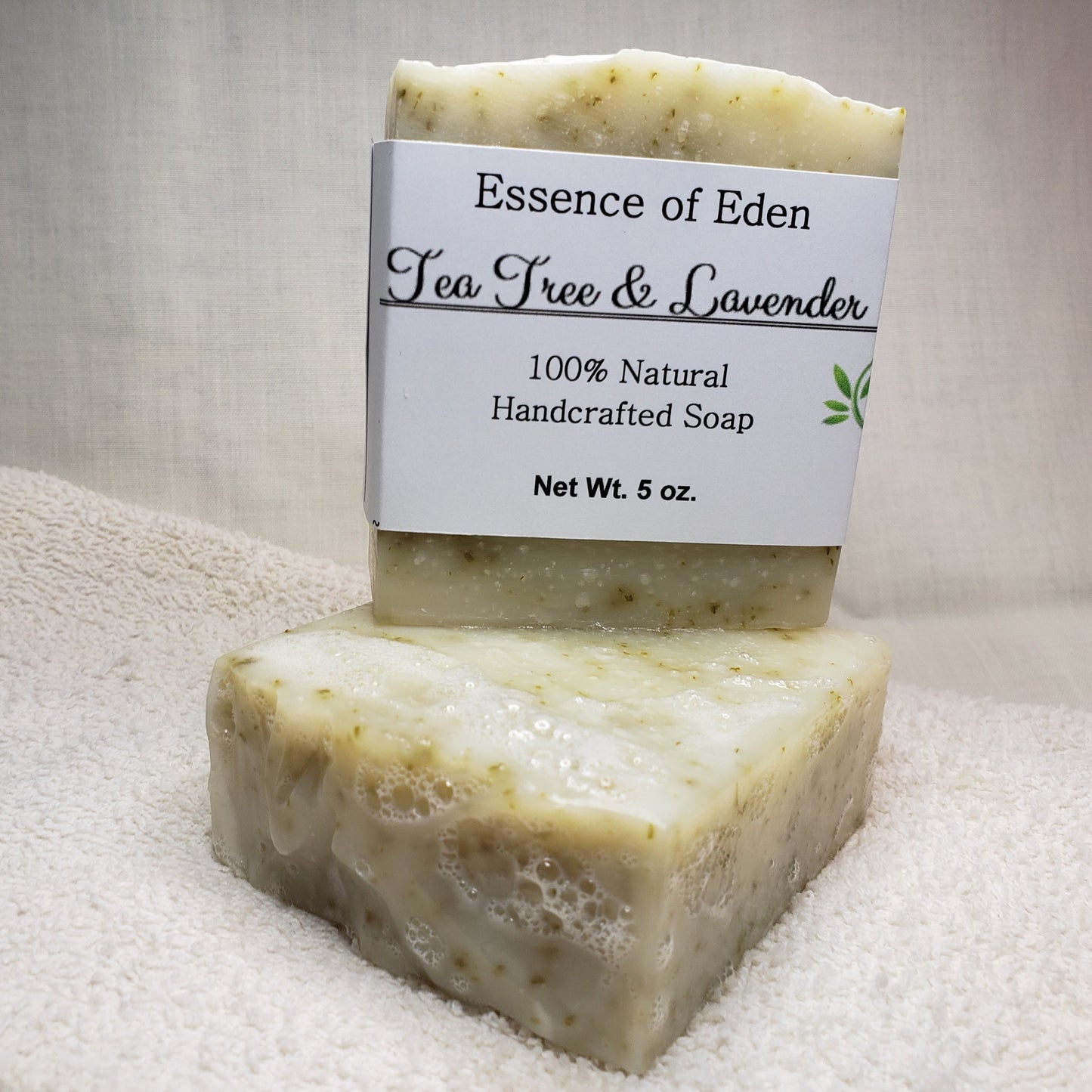
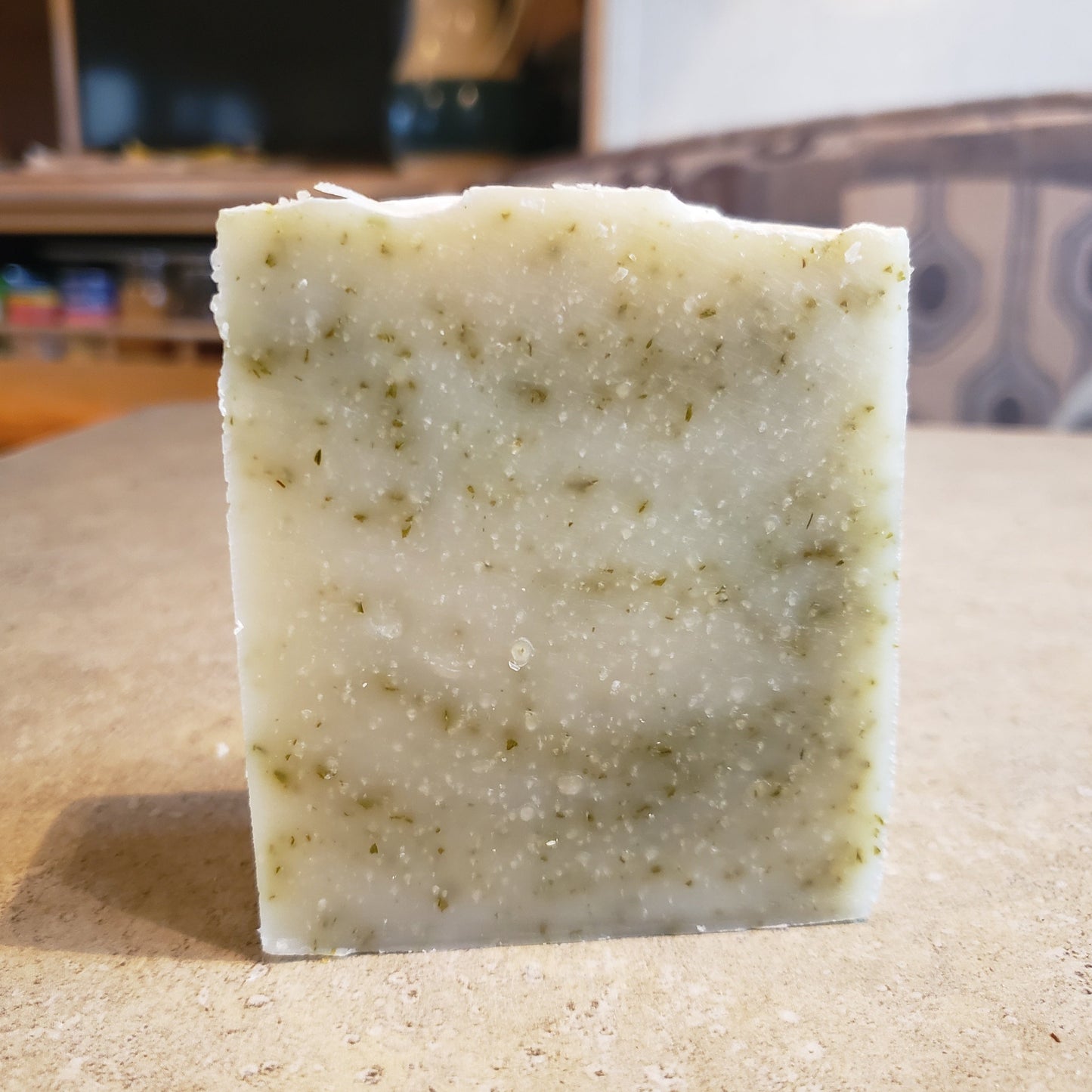
Frequently Asked Questions
Customers' common questions
Why are handmade soaps better for you than store bought soap?
Most store bought soaps are not actually soap at all. They are laden with detergents, cleaning agents, chemicals and fragrances that dehydrate and irritate your skin. Your skin is the largest organ of your body and absorbs these chemicals. It should be nourished and protected from un-natural chemical agents and that is the benefit of 100% natural handmade soaps.
Why are handmade natural soaps more expensive than store brands?
Because store brands are mass produced using cheap synthetic detergents and chemicals. Handmade soaps that are 100% natural use natural skin loving oils such as olive oil, coconut oil, tallow, mineral oils, essential oils and clays. They have a cure time of 4-6 weeks and are very time consuming to make, mold, un-mold, cut, wrap, and market. Each bar is unique in appearance and it's own little work of art.
What about the lye used in soap making? Doesn't lye make soap caustic?
Lye used in soapmaking comes in two forms, sodium hydroxide (derived from hard wood ash) is used for solid soaps and potassium hydroxide (derived from potash) for liquid soaps. They are both extremely caustic in soapmaking and extreme measures have to be taken in handling the lye and the soap for the first 24-48 hours of the process. The soaps go through an incubation period where the soap heats up, gels and becomes solid when the oils have used up all of the lye for saponification. The lye saponifies the oils and that's what makes them lathery soap. No lye, no soap!
